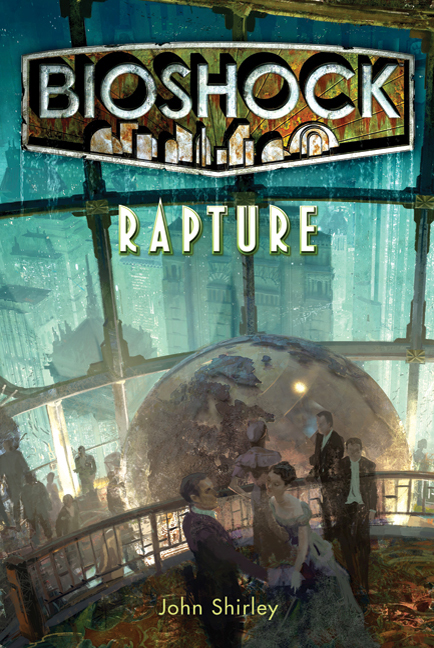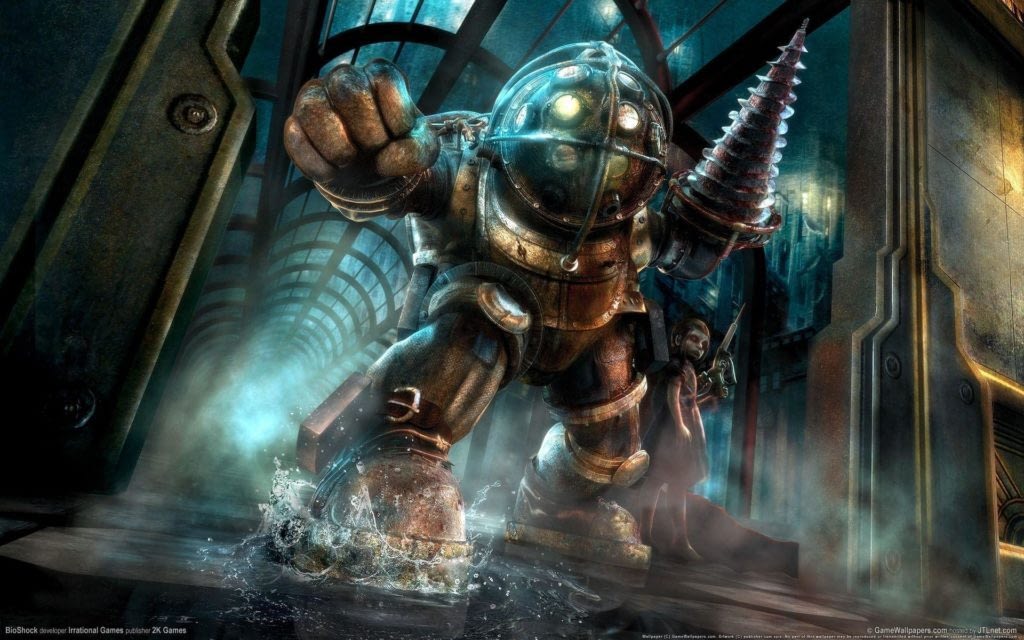KyoZz
Tag, you're it.
Edit: added more old concept arts for the movie.
In 2008, Universal bought the rights to produce a big budget adaptation of the famous video game series Bioshock . We are talking about 160 million, even 200 million dollars.
Gore Verbinski (the Pirate of the Caribbean trilogy) was chosen to direct.
In writing, we also found a safe bet: John Logan, author of The Last Samurai, and Scorsese's Aviator, for which he had been nominated for the Oscars.
The script was written in full before the project fell through, and so far no one had heard of it again. At least until a movie editor, Scott Wampler, stumbled upon the script that fell in his own words "from the truck in front of his house".
So he was able to share the script:


Bioshock would have started exactly like the game. We are in 1960, a plane crashes, Jack finds a lighthouse, and discovers Rapture, an underwater city where something very violent happened.
Andrew Ryan's opening monologue is even preserved. Few video game adaptations can boast of being so faithful. Directly, a mutant attacks the bathysphere. The atmosphere is calm. In terms of sets, everything is there too: the piles of corpses, the strange machines and the slugs in the toilets.
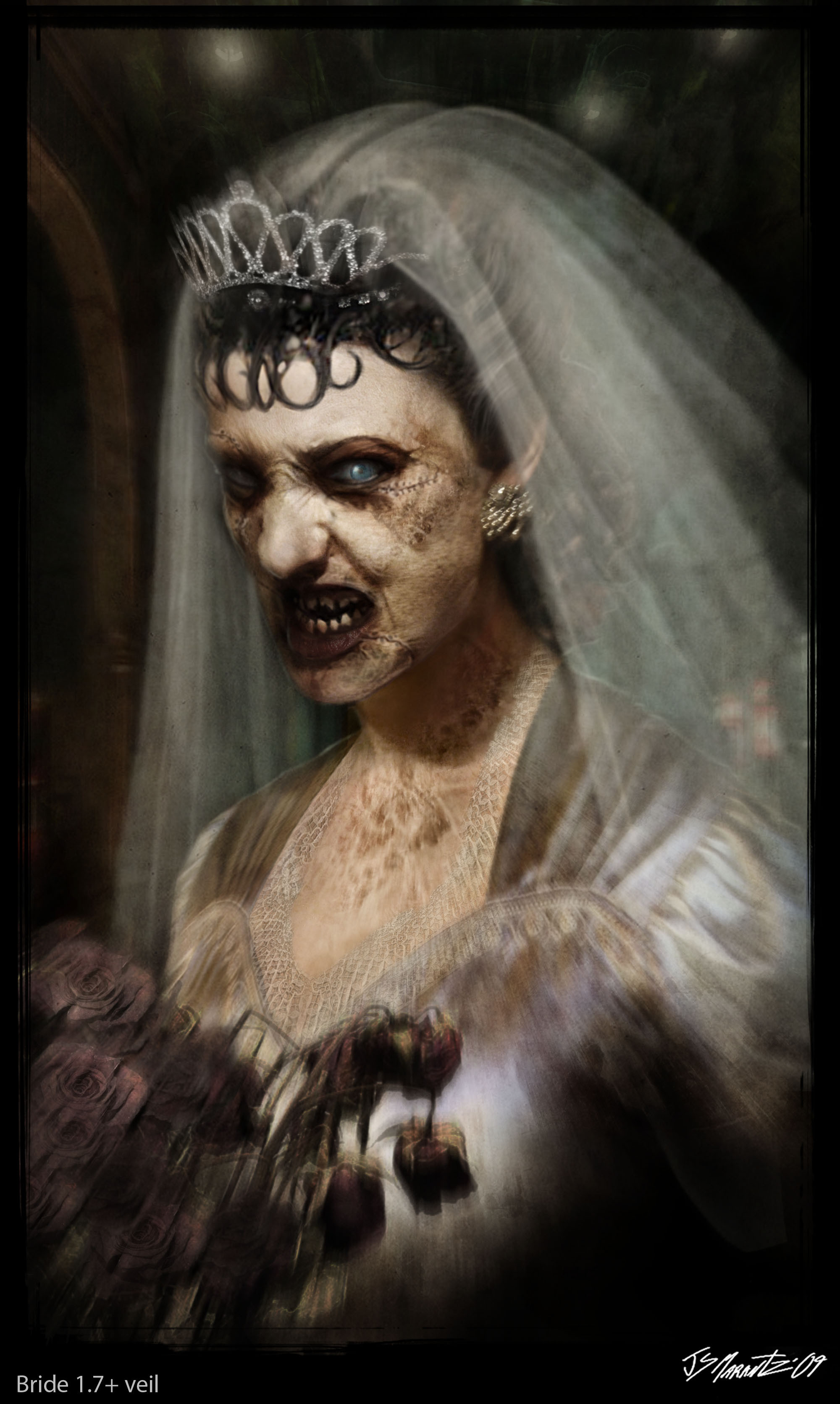
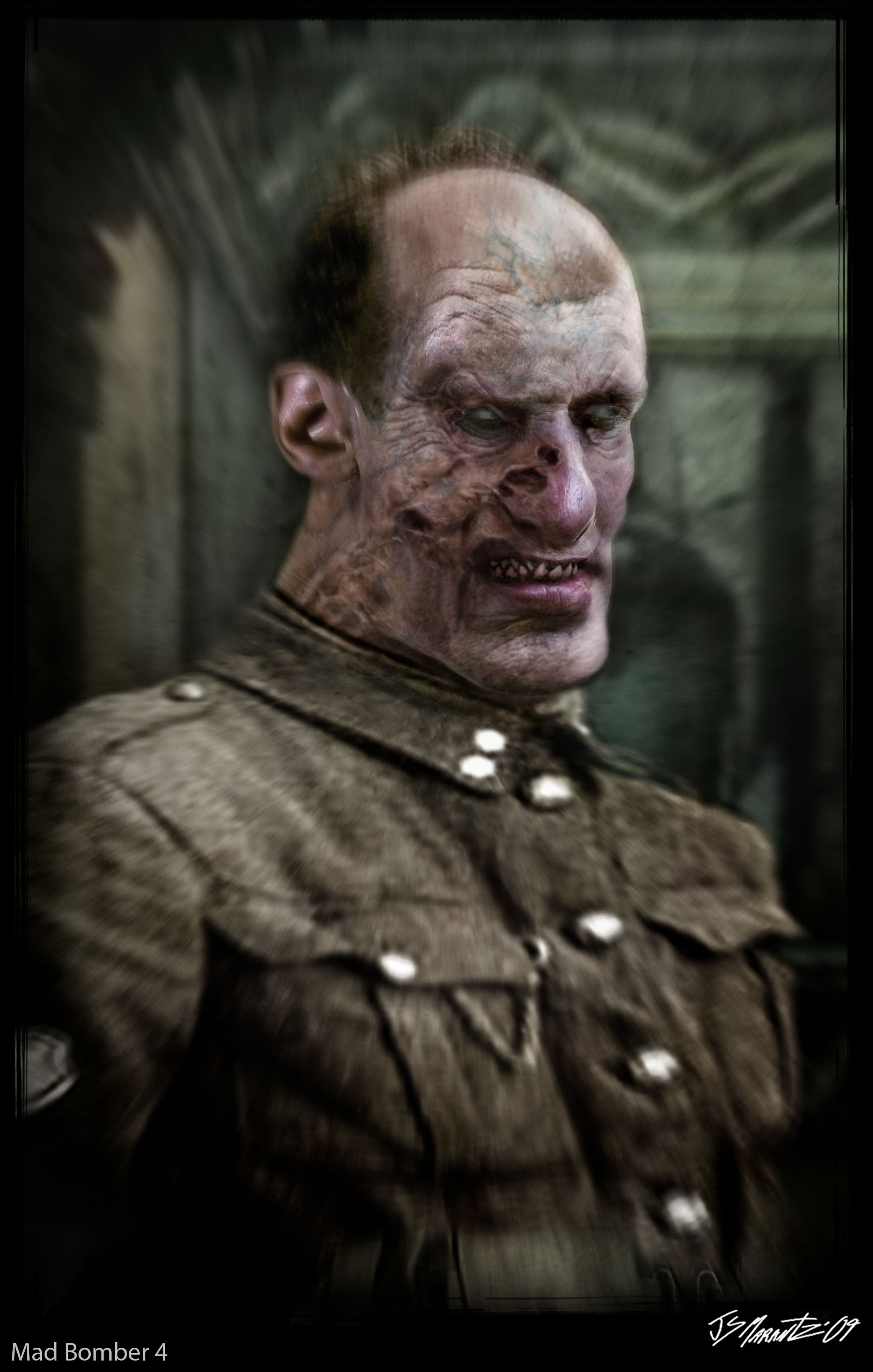
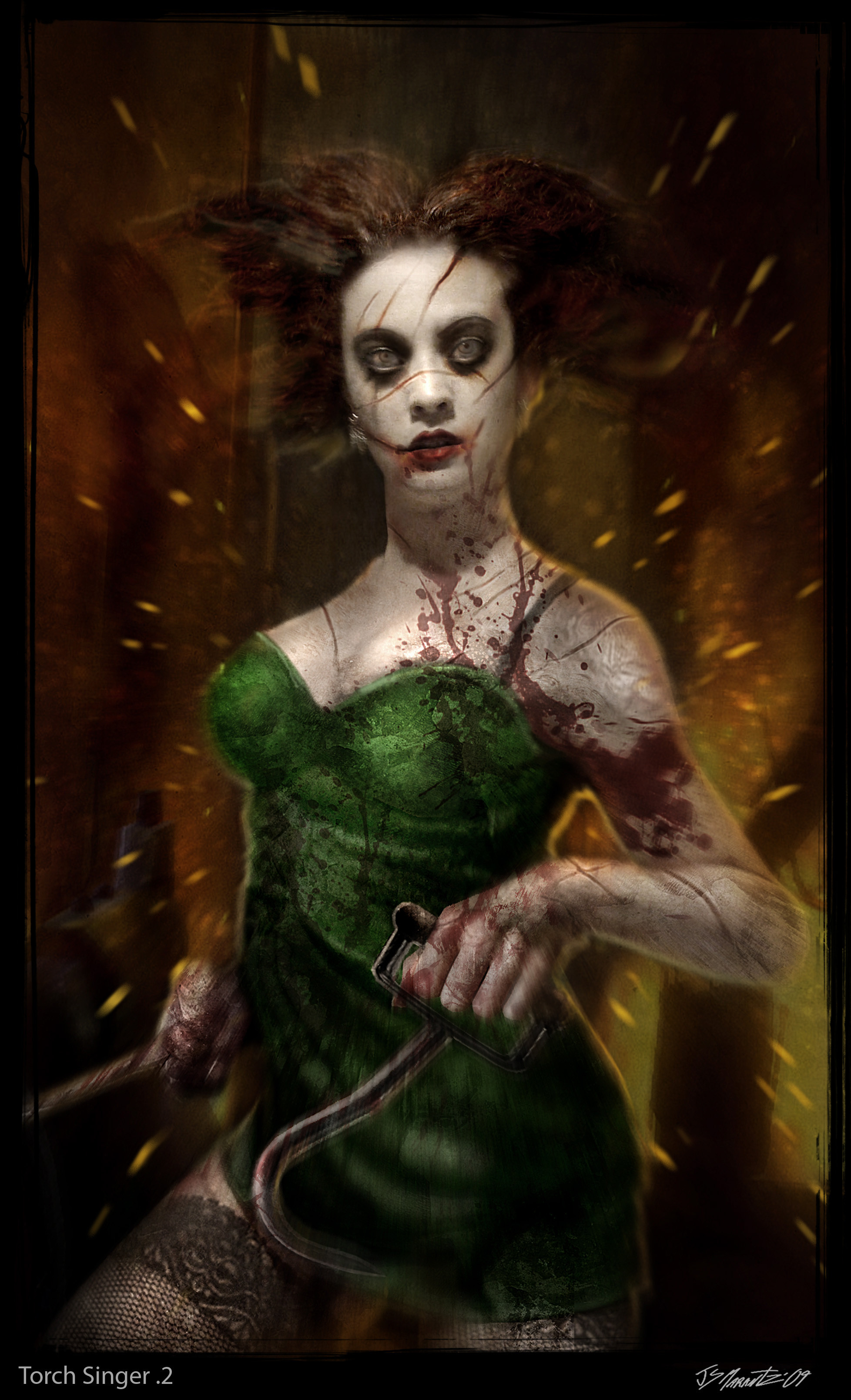
The young man quickly got to know Atlas through the radio. Of course, the character of Jack runs much deeper.
Bioshock was an FPS and here we follow him from a distance imposed by the staging. The young man is driven by his desire for freedom.
He spends his time wondering how the monsters and other inhabitants of Rapture react to his presence, as if it had all been done for him.
Nonetheless, he follows Atlas's directions, asking him to go see Ryans, ruler of the Sunken City.

Jack meets a lot of bosses and characters from the game, such as Atlas, of course, or even Sander Cohen, the striking artist in the middle of one of the most memorable fights of the adventure.
Moreover, the "work" of the psychopath in question should have resembled that of the game, showing the level of violence predicted by John Logan and Gore Verbinski.
This is the moment when Jack injects himself with ADAM for the first time, which allows him to violently erupt a slew of mutants.
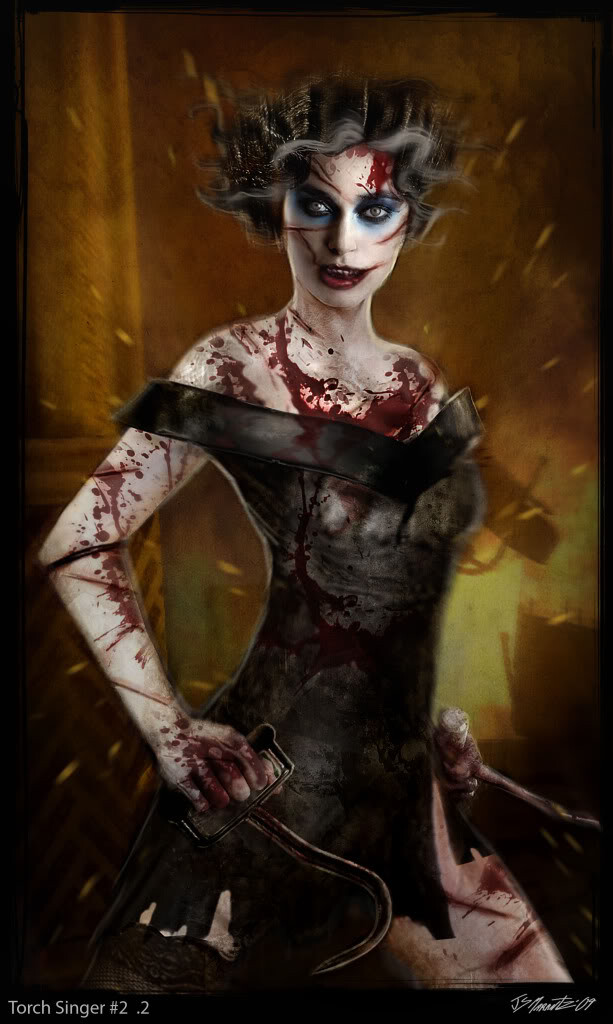
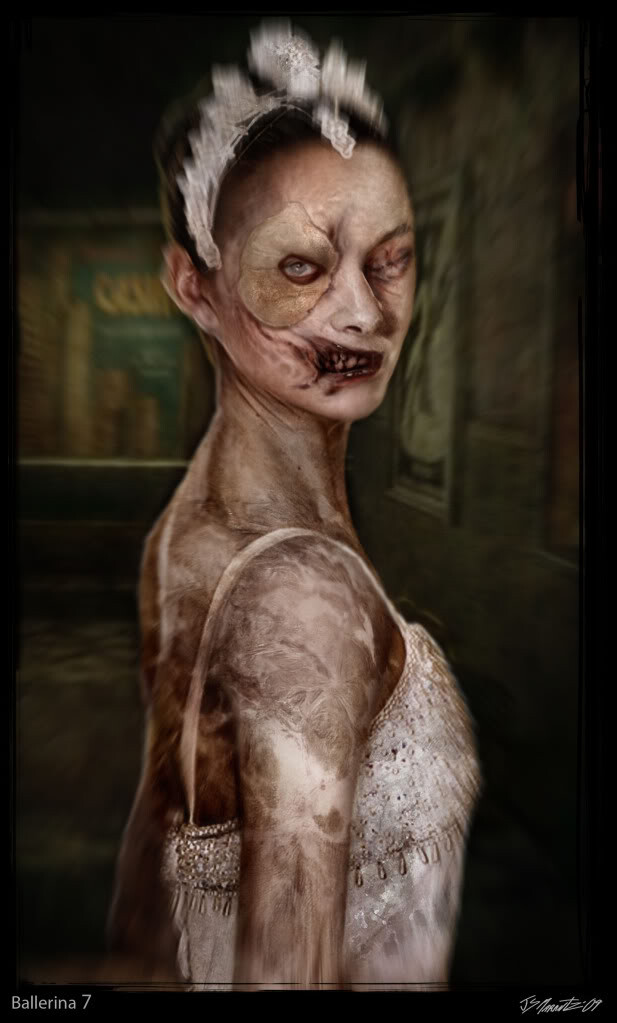
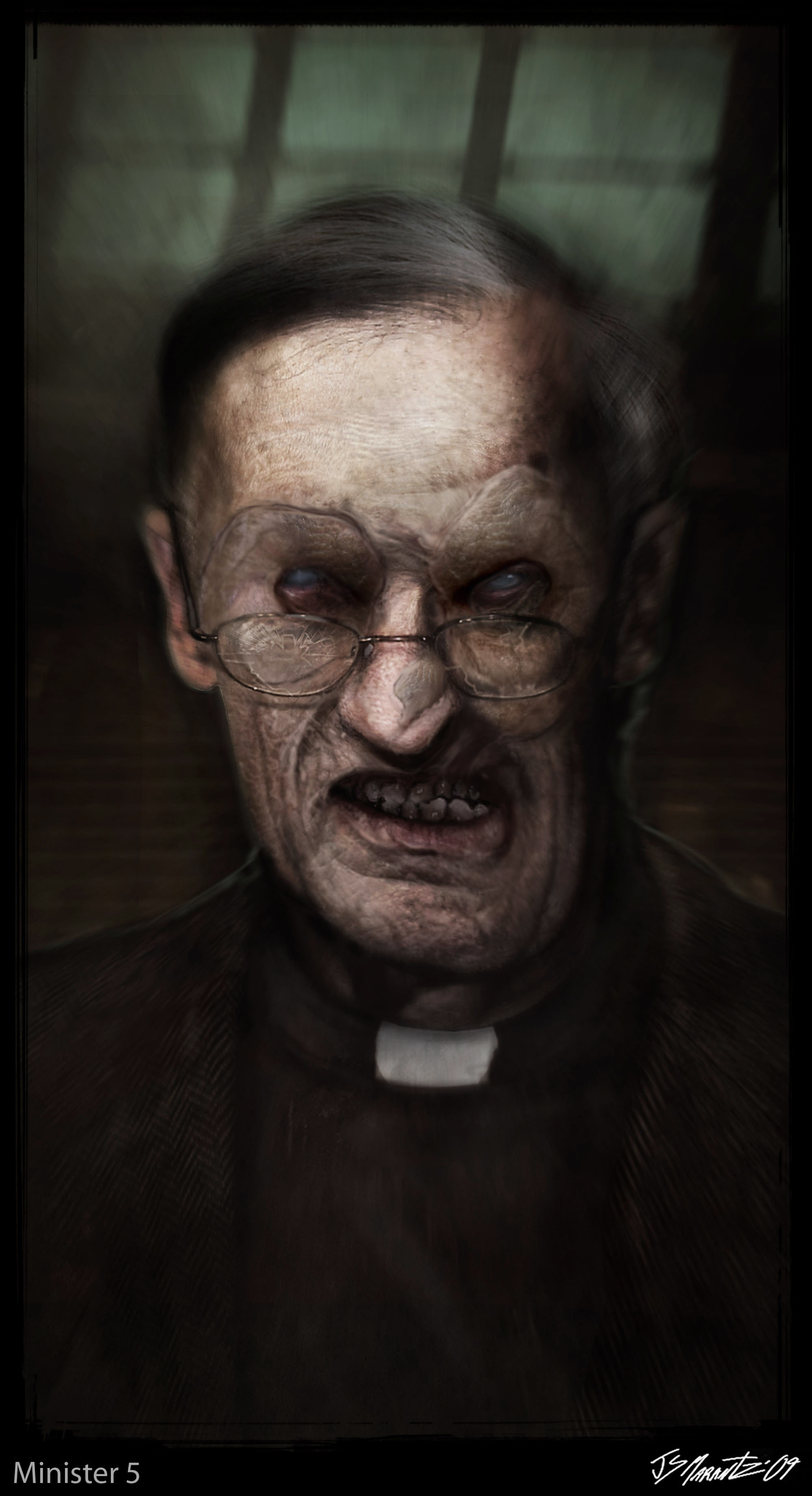
Always watched by Andrew Ryans, he then continues on his way, meeting the famous little sisters and other Big Daddy, as well as a mysterious groom named Rudy.
At the end of his trip, he finally meets the mayor. The players know what follows and the twist for which Bioshock is famous is very present.
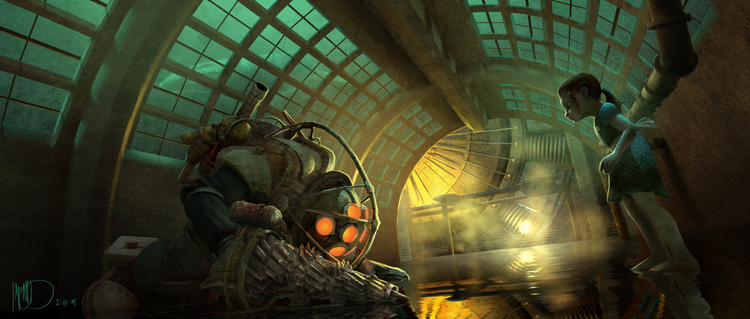

The rival of Atlas is thus smashed with great blows of "I beg you", and Jack manages to get rid of the control exerted on him, to go to face his real enemy.
The question that remains is: what ending was selected by the screenwriter? As strange as it may seem, it is indeed the wrong ending that was chosen, an end that even the developers of the 2nd opus decided to invalidate to build their story.


Throughout his description, Scott Wampler emphasizes the similarities to the games. Jack is always on the move there, something admitted in FPS, much less in blockbusters where the action sometimes needs to arise.
Better, the scenario would be of a memorable darkness and violence. The descriptions of monsters do not spare them, Big Daddy in mind. It also describes a very graphic murder of a little sister, and even a sequence where the hero has his ear torn off.
Rapture's muffled violence and creepy vibe are therefore probably the two main reasons for dropping a project that ultimately looked more like an R-rated horror film than an adventure blockbuster.
In 2008, Universal bought the rights to produce a big budget adaptation of the famous video game series Bioshock . We are talking about 160 million, even 200 million dollars.
Gore Verbinski (the Pirate of the Caribbean trilogy) was chosen to direct.
In writing, we also found a safe bet: John Logan, author of The Last Samurai, and Scorsese's Aviator, for which he had been nominated for the Oscars.
The script was written in full before the project fell through, and so far no one had heard of it again. At least until a movie editor, Scott Wampler, stumbled upon the script that fell in his own words "from the truck in front of his house".
So he was able to share the script:


Bioshock would have started exactly like the game. We are in 1960, a plane crashes, Jack finds a lighthouse, and discovers Rapture, an underwater city where something very violent happened.
Andrew Ryan's opening monologue is even preserved. Few video game adaptations can boast of being so faithful. Directly, a mutant attacks the bathysphere. The atmosphere is calm. In terms of sets, everything is there too: the piles of corpses, the strange machines and the slugs in the toilets.



The young man quickly got to know Atlas through the radio. Of course, the character of Jack runs much deeper.
Bioshock was an FPS and here we follow him from a distance imposed by the staging. The young man is driven by his desire for freedom.
He spends his time wondering how the monsters and other inhabitants of Rapture react to his presence, as if it had all been done for him.
Nonetheless, he follows Atlas's directions, asking him to go see Ryans, ruler of the Sunken City.

Jack meets a lot of bosses and characters from the game, such as Atlas, of course, or even Sander Cohen, the striking artist in the middle of one of the most memorable fights of the adventure.
Moreover, the "work" of the psychopath in question should have resembled that of the game, showing the level of violence predicted by John Logan and Gore Verbinski.
This is the moment when Jack injects himself with ADAM for the first time, which allows him to violently erupt a slew of mutants.



Always watched by Andrew Ryans, he then continues on his way, meeting the famous little sisters and other Big Daddy, as well as a mysterious groom named Rudy.
At the end of his trip, he finally meets the mayor. The players know what follows and the twist for which Bioshock is famous is very present.


The rival of Atlas is thus smashed with great blows of "I beg you", and Jack manages to get rid of the control exerted on him, to go to face his real enemy.
The question that remains is: what ending was selected by the screenwriter? As strange as it may seem, it is indeed the wrong ending that was chosen, an end that even the developers of the 2nd opus decided to invalidate to build their story.


Throughout his description, Scott Wampler emphasizes the similarities to the games. Jack is always on the move there, something admitted in FPS, much less in blockbusters where the action sometimes needs to arise.
Better, the scenario would be of a memorable darkness and violence. The descriptions of monsters do not spare them, Big Daddy in mind. It also describes a very graphic murder of a little sister, and even a sequence where the hero has his ear torn off.
Rapture's muffled violence and creepy vibe are therefore probably the two main reasons for dropping a project that ultimately looked more like an R-rated horror film than an adventure blockbuster.
Last edited:

